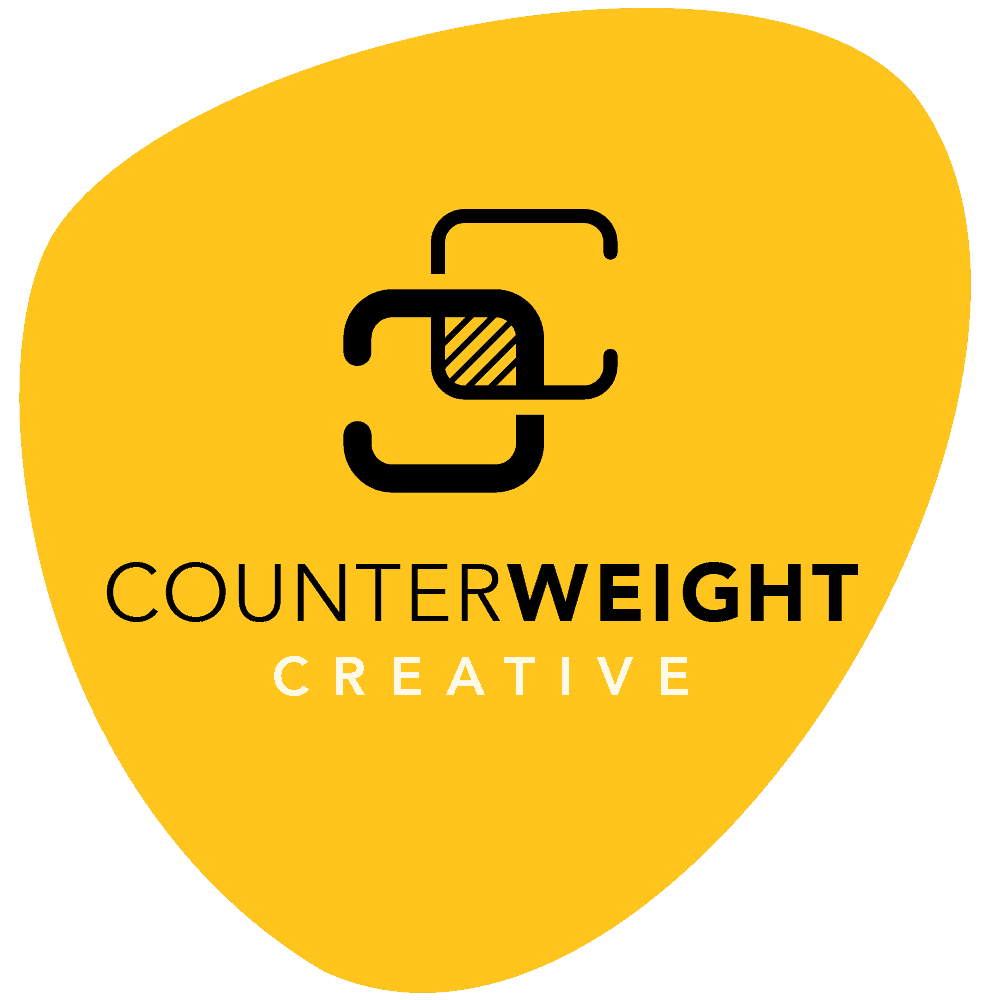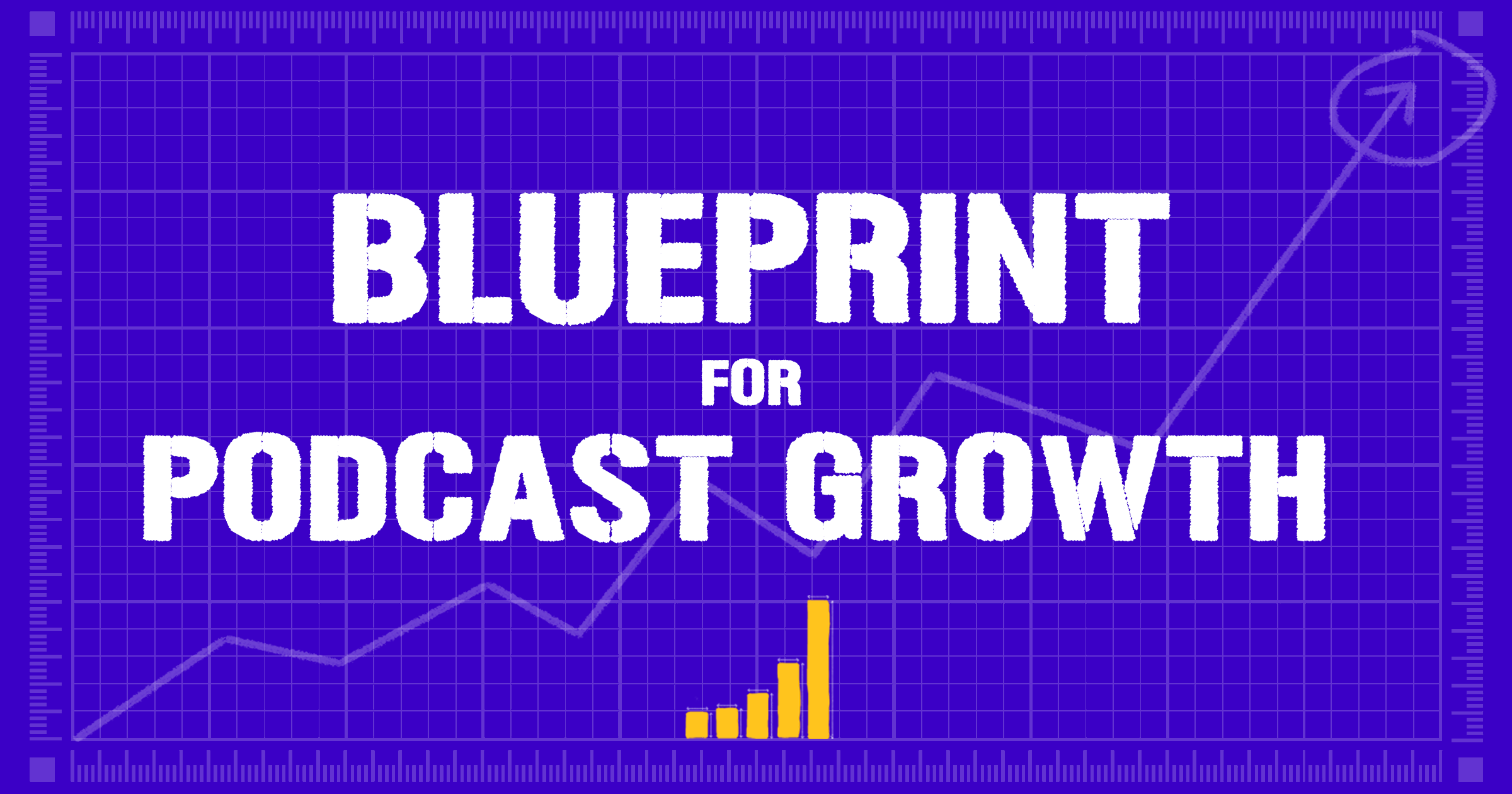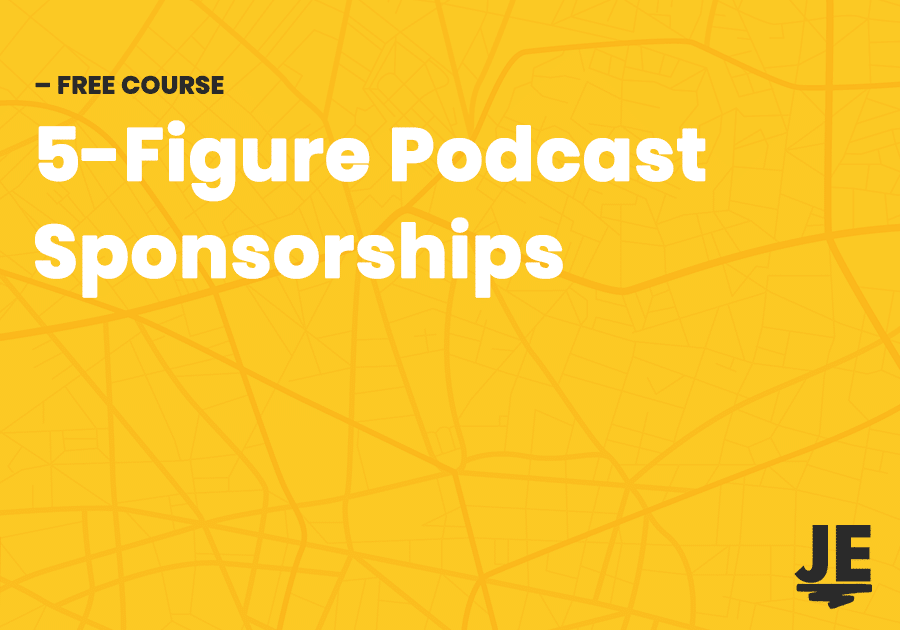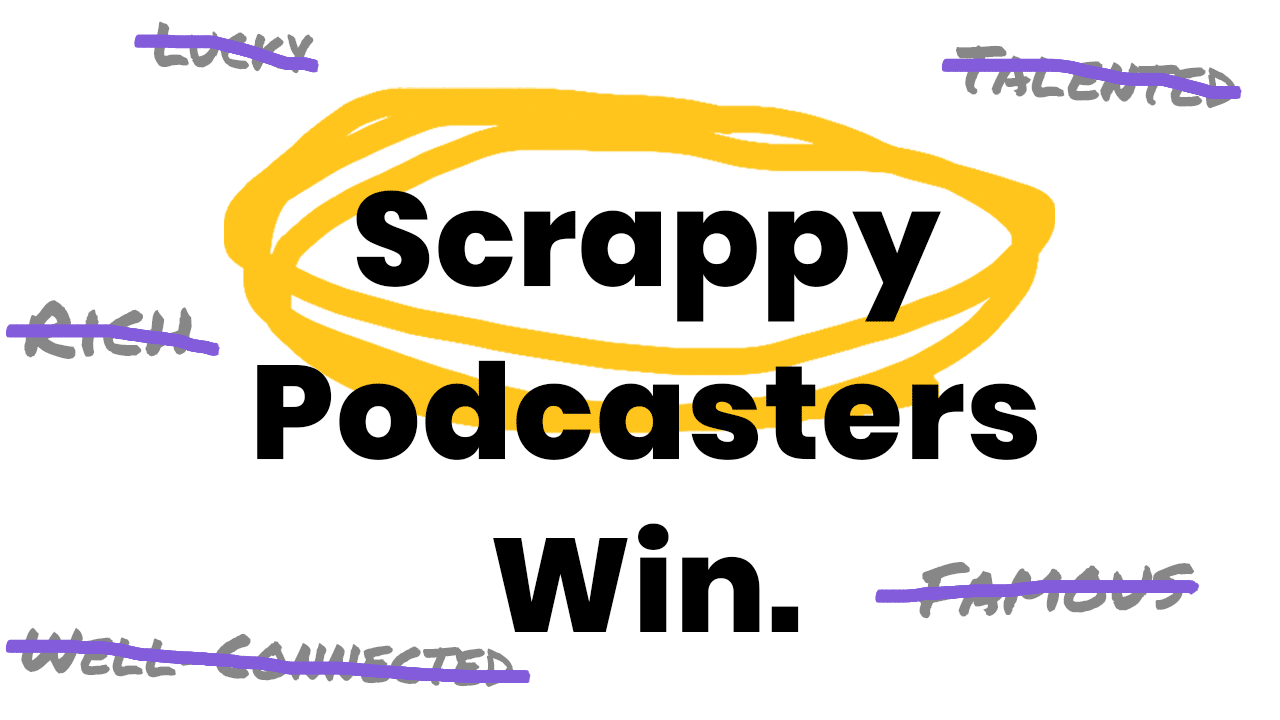You may not have noticed* but podcasting is blowing up. Big time.
* Like if you’ve been living under a rock or something…
What was a few short years ago the sole territory of radio nerds and forward thinking content creators hiding out in their basements recording episodes, has transformed into a medium that’s attracting big money, talent, advertisers, and brands.
There’s no surprise why. Those of us in the podcasting community have long known the stats* that podcast listeners in the US are more affluent, more educated, and more engaged with the brands they follow than the average of the American population as a whole.
* Find the Full report here and see for yourself.
But now for the surprise.
Only 8% of brands and marketers are currently using podcasting as a method of content creation and promotion. Yes, 8%.
What’s more, 60% of marketers have ZERO intention of ever getting into podcasting.
I don’t know about you, but it sounds to me like there’s an opportunity to make an impact here in a less crowded, but highly engaged, intelligent, and wealthy market. Sounds like the people you want to reach with your brand right?*
* If not, I might suggest rethinking your target audience…
Video, and live video in particular, seems to have established itself as the future of marketing, and I get it. Video is flashy and sexy and immersive and flexible and takes a ton of work to produce and is super expensive and… Ok sorry for the jab there video peeps. I love video, I honestly do! But I also know that it’s just beyond my capability to do well myself, and beyond my budget to have someone else do it well for me on a recurring basis.
Oh and one more thing. Comparing video with podcasting is comparing apples and oranges. They excel in different areas, serve different purposes, offer a vastly different consumer experience, and are generally used to achieve different outcomes.
So, in today’s article we’re going to dive into part 1 in a series discussing why podcasting might be a good choice for your brand, and if so, how you should actually approach creating a branded podcast.
In this series we’re going to be covering:
- What should your expectations be?
- What kind of content should you be delivering?
- Who should you be targeting?
But first, we’re going to go over some of podcasting’s strengths, weaknesses, and differentiators that put it into a category of its own when it comes to content production.
Podcast Strengths & Weaknesses From A Brand Perspective
There are many methods of content creation brands and marketers use to reach their audiences and (hopefully) build relationships with. Blogging, photography, video, infographics, and many more all have their own inherent strengths and weaknesses.
Podcasting is no different.
Podcasting Weaknesses
- There’s no doubt that podcasting is a long term strategy. I generally advise my clients that it can take 6 months to a year to gain traction – and that’s with a well produced, focused podcast with engaging content. This is a long time to wait for a payoff in a world that is leaning ever more towards instant gratification.
- We as podcasters rarely have the undivided attention of our audience. Often people are listening to podcasts while doing other tasks and you do not have their full attention. This is actually also a strength which we’ll discuss in the next section, but because of this split focus, it can be difficult to establish a two-way line of communication. People rarely listen to podcasts on their computers, where they can quickly write you an email or engage with your other content as it comes up in the podcast. There are certainly ways to get around this, but you’ll have to get creative and entice your listeners to take that next step.
- A highly produced podcast can be both time and cost prohibitive for smaller brands and businesses. In my experience, a 30-minute podcast generally takes at least 4 hours to produce. Not all of us have a spare 4 hours in our week to commit to a new endeavor that may not give us results for 6-12 months.
Hmm, right about now you might be thinking it’s no wonder that only 8% of marketers are using podcasting. But before you cast your lot with those 60% who don’t have any plans at podcasting in the future, let’s have a look at what you’ll be missing out on.*
* For one thing, kick ass mixers and parties. Podcasters are a fun bunch you know…
Podcasting Strengths
- As already stated above, the average podcast listener is exactly the type of person most of us as brands and marketers want to reach. Engaged, affluent, educated, and probably already searching for podcasts related to the niches we operate in.
- I would say that as content consumers, we have more time available to us to consume podcasts than any other type of content or media. On top of our down time, podcasts are easily consumed while multitasking including while at work, commuting, running errands, working out, dinner with your family, during sex, and this is really only scratching the surface…
I once spent a year listening to more than 50 hours of podcasts a week. I know not everyone has the option of this, but nearly 30% of weekly podcast listeners listen to more than 5 hours/week. That’s a lot of opportunity for ear time. - Podcasting is an intimate medium in a way that similar content such as blogging just can’t match. And the relationships we form with our listeners are real and long lasting. Think about it. How many people are you inviting into your ears on a weekly (or daily, or whatever your publish schedule is) basis? I’m guessing that the people that fall into that list are people whose influence on your life is real and apparent.
Now imagine being able to connect intimately like that with hundreds or thousands (or let’s dream big and say millions) of people in your target market. Sure, not all of them will buy from or do business with you, but in my experience, one of podcasting’s biggest strengths is the trust and loyalty you can build in with your listeners. Remember that trust and loyalty are two-way streets however and you have a responsibility to your audience when it comes to what you offer them. - By nature, podcasts are produced serially. If you can get your listeners to subscribe, you’ve given yourself an opportunity to present your brand continually week in and week out. This kind of regular connection with listeners in your target market is something to be coveted and nurtured.
- Podcasting is accessible to everyone. While there is certainly increasing competition in the world of podcasting, there are few real gatekeepers barring your entry into the hallowed grounds of the podcasting world*.
* Can you tell I’m a podcasting nerd?
For the most part, the podcasting world is still a meritocracy, where the underdog is entirely capable of rising through the ranks and topping the charts. In fact they regularly do. Many of the top podcast networks are made up of shows that independent creators built up from nothing and amassed huge followings before being picked up.
Of course, this means you have to be seriously good if you want to make a splash, but you already knew that, and you wouldn’t be here if you weren’t willing to put in the work. Right? - Podcasting is a seriously uncrowded market, and it doesn’t take a huge audience to make it worthwhile.
How do these stats sound to you. There are currently around 1.2 billion websites on the internet. Yep, billion with a B. In fact, you can watch them spring up out of the ether at an alarming rate here.
By comparison, there are currently between 200,000 to 300,000 podcasts listed on iTunes, with roughly 40,000 of those being active. Stats on the number of podcasts are incredibly hard to come by, so take this with a grain of salt.
The point is that by starting a podcast as opposed to a blog (actually I would recommend doing both, but that’s beside the point), you’ve increased your chances of being discovered by your audience by 4000x. Pretty good right?
Ok, I’m In. Where Do I Go From Here?
Podcasting’s not looking quite so shabby now, is it? Like I said, there is a huge opportunity to connect with your target audience, build real relationships, and reap the rewards. To do so however, you need to approach it with the right mindset, content, expectations, and targeting.
And so in part 2 of this series on approaching podcasting as a brand, that’s exactly what we’re going to talk about.
I know there are many more strengths and weaknesses of podcasting out there than what I listed here. Also keep in mind that I am incredibly, phenomenally biased in favor of podcasts. I mean, I’m an utter and complete podcast nerd and they have literally changed my life. Soooo with that said, I’d love to hear your thoughts on any areas that podcasting as a content creation strategy either struggles or excels. Leave them in the comments yo.
- Why Wouldn’t They Just Google It? - March 14, 2021
- Before You Can Market Your Podcast, You Need To Create A Marketable Podcast - March 11, 2021
- Podcast Promotion & Marketing Are Different (Here’s How to Use Each Effectively) - March 10, 2021




